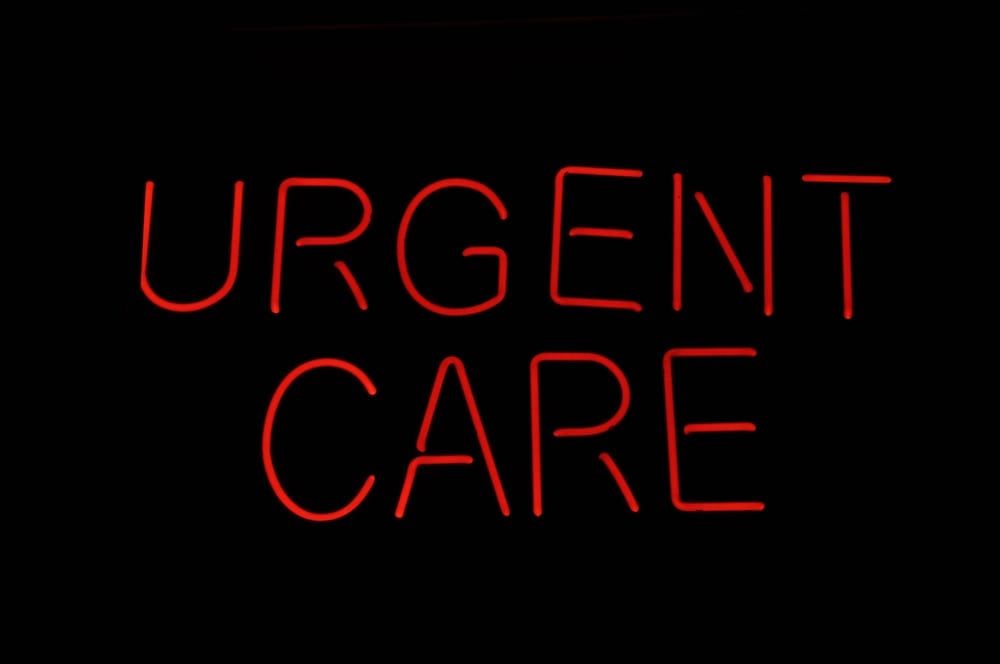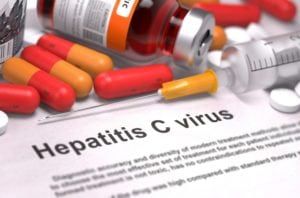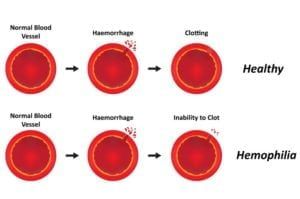Nearly everyone has experienced an urgent care emergency at some point in their lives. When you come down with the flu or your child starts running a high fever, the last thing you want is to wait days to see your family physician or spend thousands on a visit to the emergency room. Urgent care offices serve patients who are in need of a fast prescription, stitches for a small wound, or other minor medical intervention, such as treatment for a sprain or fracture.
Did you know…that visiting an urgent care facility can allow you to see a doctor much faster than you would in an emergency room? According to The Urgent Care Association of America, 4 out of 5 visits to urgent care offices and clinics take less than an hour from start to finish, with the majority of patients waiting only 15 minutes to be seen by a care provider. Because urgent care offices meet the needs of patients with minor emergencies, more and more patients are choosing them over emergency rooms; and insurance companies are providing greater reimbursements on average for urgent care visits. |
Frequently Asked Questions
Should I visit an urgent care doctor?
You should consider visiting an urgent care center if you are experiencing a health problem or minor emergency for which you need a same-day appointment with a physician. For example, if you are experiencing a rash, infection, or other minor symptoms, and urgent care center can provide fast diagnosis and relief. You should not visit a [city] urgent care center if you are experiencing a major emergency, such as symptoms of a heart attack or stroke. For major emergencies, please dial 9-1-1 or visit your nearest hospital emergency room.
What should I expect during an urgent care visit?
If you are visiting your urgent care provider for the first time, you can expect to complete paperwork with information about your family health history, personal health history, and a list of symptoms. Your urgent care provider may perform diagnostics in the office, such as x-rays or laboratory testing.
Will I need to follow any special care instructions following my urgent care visit?
That depends on your diagnosis. Many urgent care visits end in a prescription and instructions to get plenty of rest. Others require follow-up or even further medical evaluation and treatment.











































































































































































































































































































